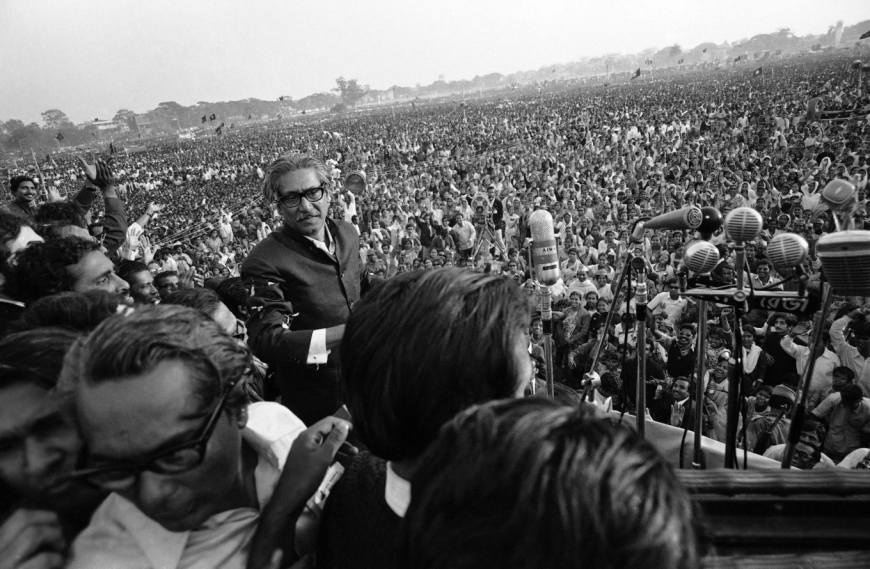Bangladesh’s turbulent half-century, from coups to climate shocks
Bangladesh’s history since its independence in 1971 has been marked by political upheavals and climate-related disasters, reflecting the country’s challenging trajectory.


Bangladesh’s history since its independence in 1971 has been marked by political upheavals and climate-related disasters, reflecting the country’s challenging trajectory.
Political Turbulence:
Early Coups and Assassinations:
Political Rivalries:
Recent Unrest:
Climate and Humanitarian Crises:
Geography and Climate:
Historical Crises:
Ongoing Challenges:
Current Situation:
The recent political upheaval with Hasina’s ouster and Zia’s release has added a new layer of uncertainty to an already volatile situation. As Bangladesh navigates these turbulent waters, its resilience in the face of both political instability and environmental adversity will be crucial for its future stability and development.
May 12, 2025 111
May 12, 2025 112
May 12, 2025 82
May 12, 2025 92
May 11, 2025 288
Apr 15, 2023 26.9k
Feb 15, 2023 26.5k
Apr 15, 2023 24.8k
Mar 31, 2025 4.4k
Mar 30, 2025 3.8k
This site uses cookies. By continuing to browse the site you are agreeing to our use of cookies.


